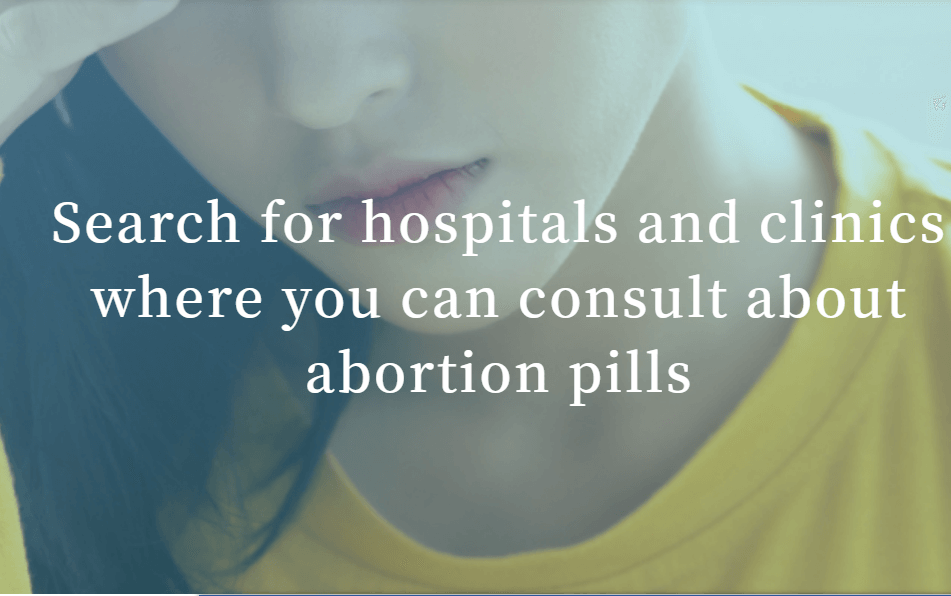
by Kumi Tsukahara, Head Researcher, RHR Literacy Laboratory
The RHR Literacy Laboratory is a group that aims to improve women’s health and rights by promoting understanding about reproductive health and rights.
https://www.linepharma.co.jp/search_u.php
It will soon be one year since the approval of the Mefeego Pack, a combi-pack of mifepristone, and misoprostol for termination of pregnancy up to the first day of the ninth week LMP. It will also be one year since its launch by Linepharma K.K. in the middle of May 2024.
The Japan Association of Obstetricians and Gynecologists (JAOG), an interest group of “designated Maternal Protection Act doctors” who are also the only doctors allowed to provide abortions, stated at the time of the Mefeego Pack launch that “for the time being” use of the pills for early abortion would require patients to be admitted to the hospital to take the misoprostol and to remain in the hospital until the gestational sac is expelled or the abortion is completed surgically. The Ministry of Health, Labour and Welfare (MHLW) also said spousal consent is required to use the pills, as is the case with conventional surgical/aspiration abortions.
These restrictions were supposed to be relaxed once it became clear that the abortion pills were safe to use, but they are still being imposed a year after their release.
Linepharma’s website has a referral list online of all the medical facilities where clients can find information about and obtain abortion pills. As of 13 April this year, that website listed only 133 such institutions . This constitutes only 3% of the 4,176 medical facilities (listed in 2020) that have one or more “designated doctors” who can provide abortions, while 11 out of the 47 local prefectures do not have any designated doctors at all to provide the combi-pack.
Furthermore, abortion care is not covered by any of the health insurance packages in Japan, unless it is for strictly medical reasons, so women have to pay the full costs out of their own pockets. Moreover, the price for medical abortion is too high. When I checked the fees on the websites of the medical facilities on Linepharma’s list, the price for a medical abortion varied from 100,000 yen (US$667) to 165,000 yen (US$1,100). Some facilities state that an additional fee of 40,000 to 50,000 yen (US$267 to US$333) is required if the procedure was not complete just with the pills. In most facilities, a medical abortion without a surgical procedure was cheaper than a surgical abortion, but a few facilities set the same price for both. Surprisingly, one clinic set the price for a medical abortion with additional surgery to be twice as high as if the woman had opted for a surgical abortion from the outset. This seems to be steering women towards more profitable procedures.
Additional surgery may be required in as many as 5% to 10% of cases of those who choose medical abortion because the MHLW has refused to approve the off-label use of misoprostol, which means they do not allow additional doses of misoprostol to complete the abortion. Cytotec had been approved oonly as a medicine for treating gastric ulcers before the abortion pills were approved, and an MHLW official claimed that because one of the contraindications of Cytotec is that it can end a pregnancy, it cannot be used to complete an abortion. Miscarriage, which is a negative side effect of misoprostol if used for gastric ulcer treatment, is a benefit when it is used for medical abortion. Hence, instead of performing an invasive surgical procedure to complete the medical abortion, an additional dose of misoprostol should obviously be allowed. But this would keep the price lower.
All the medical institutions except one featured on the Linepharma list have websites, and you can jump directly to their websites from their list. However, the majority of them have no information about abortion pills. Many of them were originally designed to emphasise the happiness of pregnancy and birth and having a family, with pictures of smiling babies, their tiny hands and feet, pregnant bellies, smiling family photos, and so on. Some of these facilities still call themselves ‘Maternity Hospital’or ‘Birth House’.
The Convention on the Elimination of All Forms of Discrimination against Women states that there should be no punitive measures against women who have abortions. Not only should information be provided to those who seek to use abortion pills, but counselling may also be requested. Clinics should not exhibit punitive or negative attitudes towards those who access their websites because they are seeking or considering abortion.
As we approach the first anniversary of the approval and launch of the Mefeego Pack, clearly, Japanese women must be better informed about medical abortion pills as an essential form of reproductive healthcare and the Government take responsibility for making these pills, approved by the World Health Organization as essential medicines, more affordable and more easily available without stigma.



